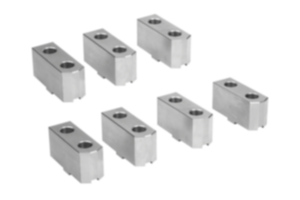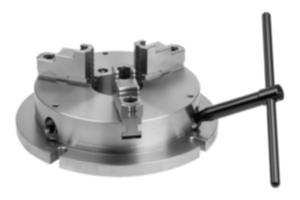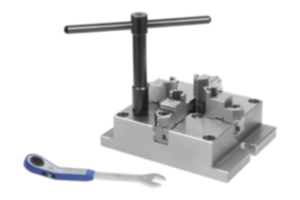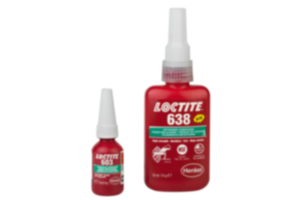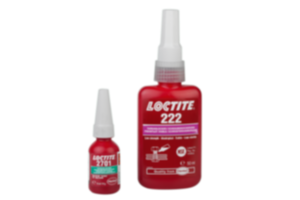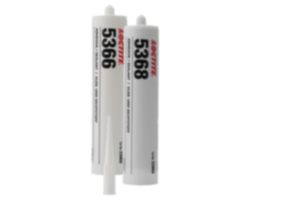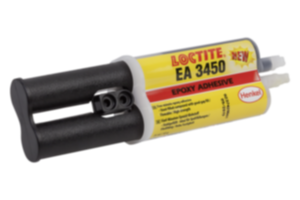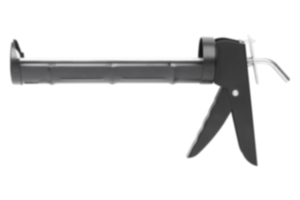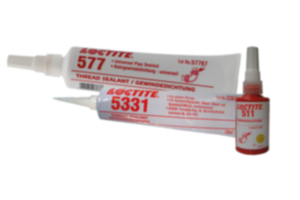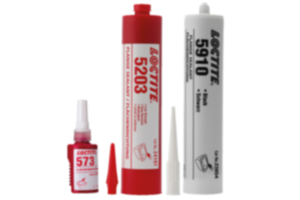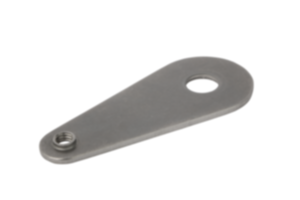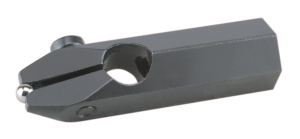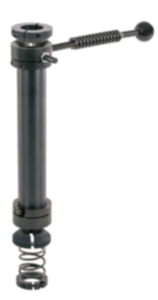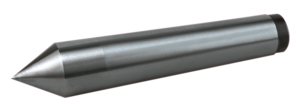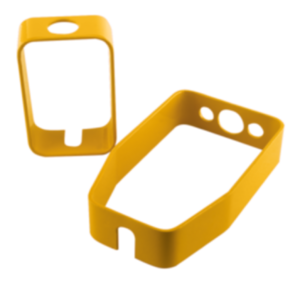Self-aligning pads from norelem
Self-aligning pads are important components in various applications where vibration reduction and movement control are important. norelem offers a wide range of self-aligning pads characterised by different versions and materials to meet your individual requirements.
What self-aligning pads are available?
Self-aligning pads with flattened ball
Materials of the norelem self-aligning pads
What is a self-aligning pad?
How does a self-aligning pad work?
Special features of an adjustable self-aligning pad
When are adjustable self-aligning pads used?
What adjustable self-aligning pads are available?
The different versions of the norelem self-aligning pad
Our self-aligning pads are available in various thread sizes, mounting surfaces and with different outside diameters. You can choose between serrated, beaded, smooth and rough contact faces.
The thread sizes range from M3 to M4, M5, M6, M8, M10; M12, M16, M20 and M24.
norelem offers various versions of pads. These include self-aligning pads with O-ring or swivel angle, adjustable or auto-return self-aligning pads. The variety enables you to find the right solution for your specific requirements.
The use of O-rings in self-aligning pads helps to effectively absorb and minimise movements and vibrations. Furthermore, the O-ring holds the ball and prevents the ingress of dirt and foreign particles.
Self-aligning pads with swivel angles can be adjusted to enable precise alignment and positioning. The norelem range includes pads with a swivel angle of 12°, 14° and 20°.
Self-aligning pads with flattened ball
Self-aligning pads with a flattened ball are a special type of self-aligning pad. They have a special form of ball joint or ball bearing. Instead of a completely round ball, they have a ball with a flattened surface. This is placed in a special cut-out or seat in the housing of the self-aligning pad.
Self-aligning pads with a flattened ball are often used in applications where limited, targeted freedom of movement is required in a specific direction while maintaining a stable position in other directions.
Materials of the norelem self-aligning pads
In terms of materials, norelem offers self-aligning pads made from a variety of high-quality materials, including stainless steel, steel and heat-treatable steel. The variety of materials ensures that the pads meet the specific requirements of the respective application and offer high durability and performance.
Steel self-aligning pads are robust. The hardness of the steel makes it ideal for use in load-bearing structures.
Stainless steel self-aligning pads are resistant to corrosion and temperature, unlike steel pads. They are characterised by their durability and conductivity.
Heat-treatable steel also has high strength. However, as the temperature increases, the strength of the heat-treatable steel decreases, which is why heat-treatable steel pads are not suitable for use at high temperatures.
What is a self-aligning pad?
A self-aligning pad is a special fixture used in various applications to isolate and control movements and vibrations. The self-aligning pad compensates for uneven or non-parallel surfaces. The fixture is usually used as a stop, pad or thrust pad. It is also suitable for installation in clamping elements.
A self-aligning pad consists of a housing containing a movable element that absorbs and dampens vibrations. It is versatile and can be used in numerous industries and situations. There are many application possibilities for self-aligning pads in industry – whether as an intermediate element for automatic workpieces or for processing castings. They can be used to clamp, tension or support objects, even if their surfaces are not parallel to each other.
How does a self-aligning pad work?
The operating principle of a self-aligning pad is based on the principle of motion absorption. When a vibration or movement acts upon the self-aligning pad, the internal element moves within the housing and absorbs the kinetic energy. As a result, the vibration or movement is damped so that it is not transmitted to the surrounding structure.
Special features of an adjustable self-aligning pad
Adjustable self-aligning pads offer an additional dimension of customisation and control. They make it possible to achieve precise alignment and positioning. This is particularly useful in applications where precise adjustment is required.
When is an adjustable self-aligning pad used?
Adjustable self-aligning pads are used when precise alignment or swivelling is required to achieve optimum performance. These adjustable solutions offer flexibility and allow users to adapt their systems to specific requirements.
It's no wonder, then, that they can be found in almost every sector. These include machine construction, construction, bridge building and noise protection.
What adjustable self-aligning pads are available?
In addition to the classic adjustable self-aligning pad, the norelem range includes adjustable self-aligning pads with an O-ring. These include the following products:
- Adjustable self-aligning pad with O-ring
- Adjustable self-aligning pad with O-ring and hex socket
- Adjustable self-aligning pad with O-ring and exchangeable inserts
- Adjustable self-aligning pad with O-ring, exchangeable inserts and hex socket
norelem as your expert contact person
Do you have questions about our wide range of products or are you not sure which self-aligning pad is the right one for your workpiece?
Feel free to get in contact with us. Our experienced team members are available to answer any questions you may have.

